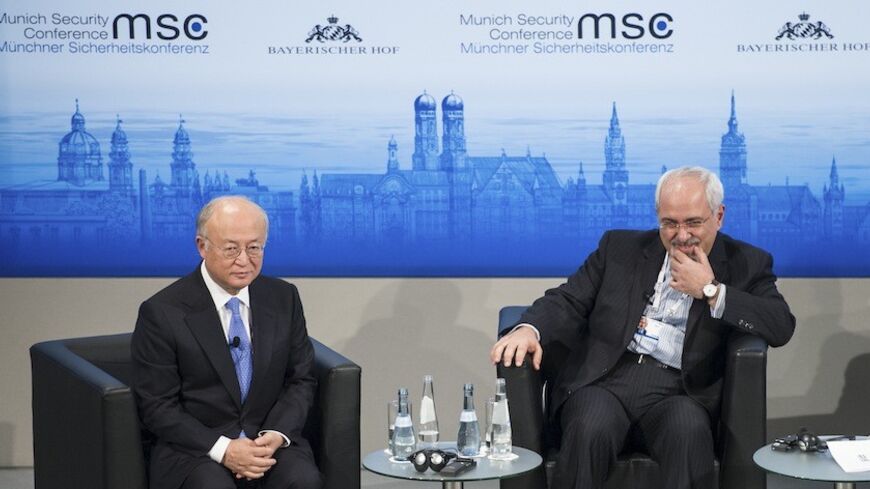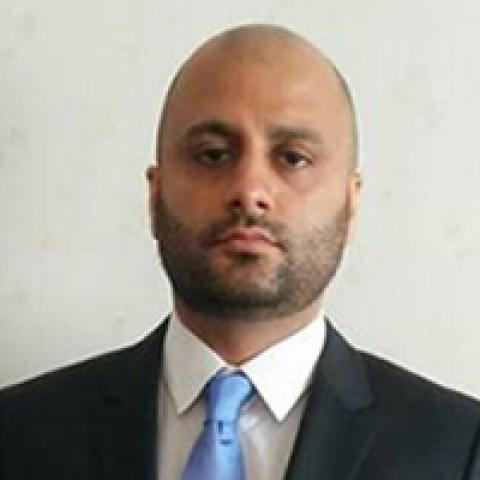TEHRAN, Iran — As we approach negotiations on a final nuclear deal between Iran and the P5+1 (United States, Britain, France, Russia and China plus Germany), various stakeholders predictably are maneuvering themselves.
On Feb. 4, US lead negotiator Wendy Sherman testified before a Senate hearing that Iran’s ballistic missile program will be addressed as part of a comprehensive accord. Days later, an International Atomic Energy Agency (IAEA) delegation arrived in Tehran for talks on expanded cooperation. The visit ended with a breakthrough — Iran agreed to address some PMD (Possible Military Dimension) concerns for the first time in years. This followed IAEA Director General Yukiya Amano’s participation in a panel with Iranian Foreign Minister Mohammad Javad Zarif in Munich. At that session, Amano was explicit in calling for more Iranian cooperation on outstanding issues. However, the only outstanding matter he brought up specifically was Iran’s past experiments with polonium-210 — a matter considered resolved by his predecessor.



